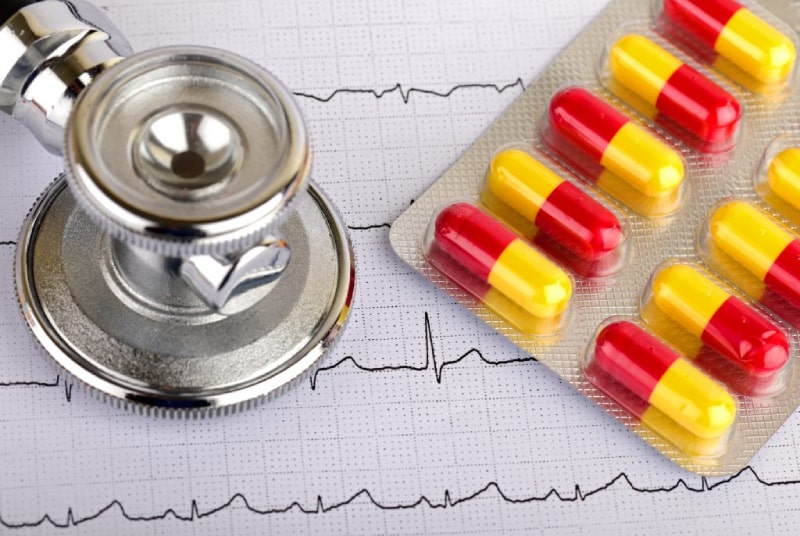Sometimes, when you have an episode of atrial fibrillation, the normal rhythm is restored without treatment. If this doesn’t happen, or if you have symptoms during your atrial fibrillation episodes, your doctor may suggest you restore your heart rhythm back to a normal rhythm (sinus rhythm). This is what we call rhythm control.
When choosing the rhythm control strategy, there are two options in restoring the normal sinus rhythm: with medication (pharmacological cardioversion) and with electrical cardioversion.
Before you have a cardioversion, whether this is an electrical or a pharmacological one, your physician may require you to take anticoagulants (blood thinners), for at least 3 weeks before the procedure. Otherwise, your doctor may want to rule out any blood clots within the heart by performing a specific imaging exam called transoesophageal echo before the cardioversion. You will also need to continue your anticoagulant drugs for at least 4 weeks after the cardioversion to reduce your risk of stroke. Depending on your overall risk of stroke your doctor may ask you to continue taking a blood-thinner for the rest of your life.
-
Medication

Restoring the normal rhythm can be done with medication. This is known as pharmacological cardioversion. Medication is also useful to prevent a relapse of atrial fibrillation.
The drugs used to restore sinus rhythm and to reduce the episodes of atrial fibrillation are called “anti-arrhythmics” and the most commonly used are:
-
- Flecainide
- Dronedarone
- Sotalol
- Amiodarone
- Propafenone
- Disopyramide
Anti-arrhythmic drugs modify the electrical activity of heart cells, making it easier to restore normal sinus rhythm. Besides converting atrial fibrillation, the anti-arrhythmic drugs may also help to maintain the normal sinus rhythm and reduce your chances of relapsing back into atrial fibrillation.
Sometimes you may have to try several anti-arrhythmics before you find the one that suits you best. As not all of the anti-arrhythmic drugs are suitable for all patients, your doctor will decide on the most appropriate one for you depending on your other medical conditions.
Some anti-arrhythmic drugs, such as amiodarone, can have serious side effects. Your doctor will monitor you regularly to ensure it is safe to continue taking this medication. It may also be necessary to monitor the drug with blood tests. Your doctor will help to choose the best anti-arrhythmic drug for your clinical situation and discuss the benefits and possible side effects in more detail.
Learn more about: “How should I change my life?”

 Français
Français Deutsch
Deutsch Español
Español Italiano
Italiano Nederlands
Nederlands Polski
Polski Русский
Русский Svenska
Svenska Português
Português Hrvatski
Hrvatski Ελληνικα
Ελληνικα 简体中文
简体中文 العربية
العربية
